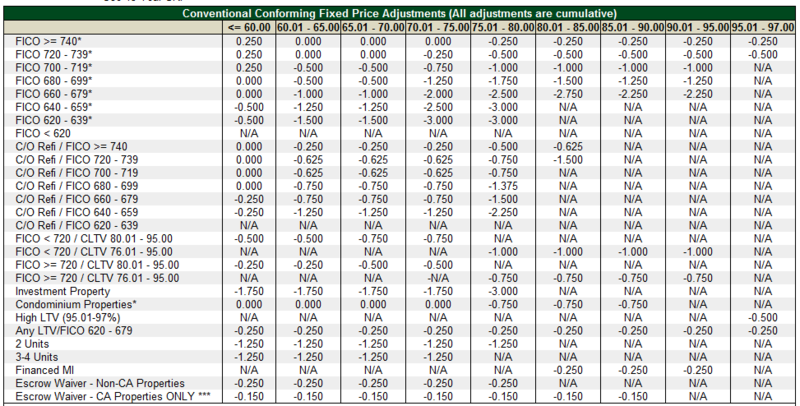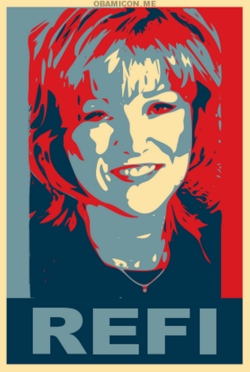Just for fun, I thought I'd share a new project that I'm starting: warning, this has NOTHING to do with mortgages. I'm going to attempt a black velvet painting. Not the paint by number stuff we did as kids, this painting is going to be over five feet tall. Here's my first draft (pencil) of the painting.
This is a recreation of a Mucha painting, and I'm sure he didn't imagine having this done on black velvet. We'll see how she turns out! I've made her wine glass larger and added a label to the wine bottle… who knows, maybe I'll paint West Seattle's Luna Park in the background (don't count on it!).
I'm having a tough time finding much material about "how to paint on black velvet". I cannot find a book and this is probably the best advice I've found on the internet for painting on black velvet.
I will share the final results with you…good, bad or ugly!















Recent Comments